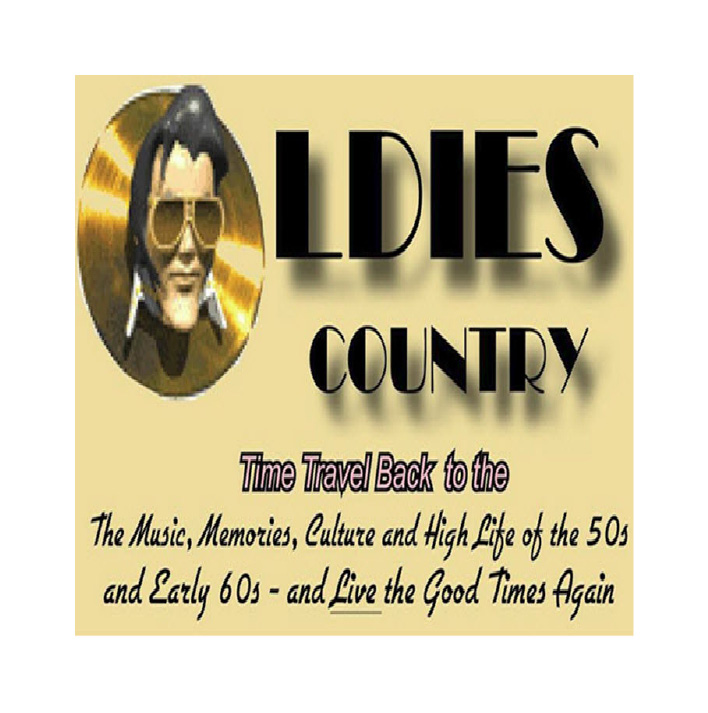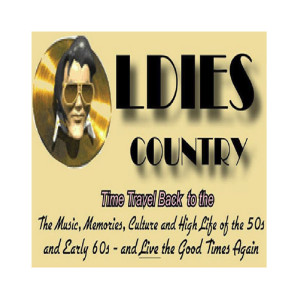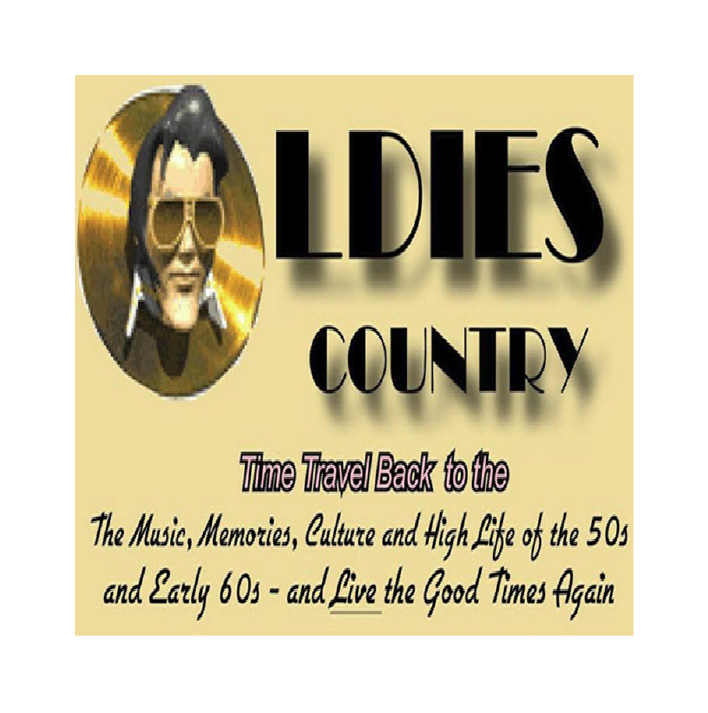PETE SEEGER’s Folk Roots Helped Forge Rock and Roll While Pete Seeger, who passed yesterday at 94, may have been rooted squarely in the folk music tardition, there was definite overlap that spilled over into molding early rock and roll…from melodies, rhythms and even to protest lyrics. He had only one charting song on Billboard’s charts – ‘Little Boxes’in 1964 (#70), yet many of his songs were later covered by other artists
scoring hits with them on the pop charts
‘Wimoweh’ was reconfigured by Pete Seeger from this old South African folk tune, recorded first in America by Solomon Linda and group in 1939. The only ones who made out on it were the Tokens, who had a No.1 hit – a song which literally ‘made’ their career happen.Sing along with Seeger here as he helps you out with the different harmony parts
SOLUMON LINDA & The Evening, 1939
The Tokens, here featuring Jay Siegal with the biggest version of ‘wimoweh’ which did help revive Pete Seegerand the Weaver’s career in the early 60s
Pete Seeger’s early version of ‘Where Have All the Flowers Gone’
Peter Paul and Mary, though not having a hit with it, performed the song in concert as here.PP&M did have many
other hits on the pop/rock charts
The Kingston Trio had the big hit of ‘Where Have All the Flowers gone’ reaching #22 in 1962
Pete Seeger , as he did with so many of his songs, refashioned old songs or lyrics as he did with ‘Turn,Turn, Turn,’ the Biblical verse into a beautiful folk tune.
Roger McGuinn and the BYRDS came along and really updated the song enough to call it their own, in 1965, though it was Seger’s music. The Byrds reeped the seeds on this one, though, again, the song kept Seeger in prominence.

Anna Webber/WireImage
On ‘Morning Edition’: A look back at Pete Seeger’s life, from former NPR newscaster Paul Brown
Pete Seeger, “a tireless campaigner for his own vision of a utopia marked by peace and togetherness,” died Monday at the age of 94. As former NPR broadcaster Paul Brown adds in an appreciation he prepared for Morning Edition, Seeger’s tools “were his songs, his voice, his enthusiasm and his musical instruments.”
The songs he’ll be long remembered for include “If I Had a Hammer,” “Turn, Turn, Turn” and “Where Have All the Flowers Gone.” Paul is not just a newsman, but also a banjo player himself. Here’s more from his look back at Seeger’s long life:
“Seeger came by his beliefs honestly. His father, Charles Seeger, was an ethnomusicologist and pioneering folklorist whose left wing views got him in trouble at the University of California. Charles Seeger introduced his son to some of the most important musicians of the Depression era, including Lead Belly and Woody Guthrie. Seeger and Guthrie became fast friends, though they didn’t agree on all things. They crisscrossed the country performing together. … “As early as 1941, they found themselves blacklisted. Seeger was a member of the Communist Party in those early days, though he later said he quit after coming to understand the evils of Stalin. … “Following World War II and service entertaining the troops, Seeger teamed up with Lee Hays, Ronnie Gilbert and Fred Hellerman to form the astonishingly successful folk group The Weavers. …











